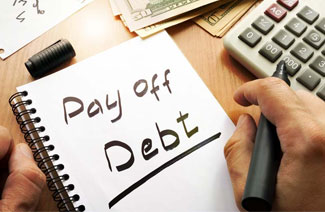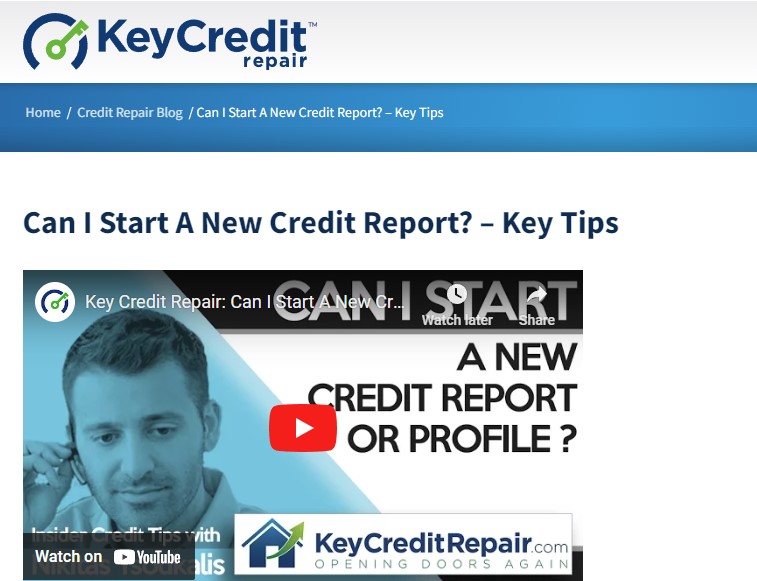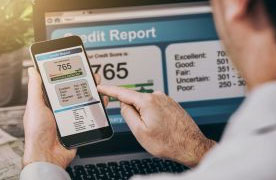How Costly Is Bad Credit? Many Don’t Know
Your credit score is a whole lot more than just a three-digit number – it’s essentially the lifeblood to financial opportunity. You likely are already well aware of how a good credit score can get your loan application approved fast, can get you low interest rates on auto and mortgage loans, and essentially save you money in the long term. But there’s also likely a lot that you don’t know about just how far-reaching your credit score is.
With that being said, do you really know just how costly bad credit is? You should. Here’s a closer look:
The Steep Costs of Poor Credit
If your credit isn’t in good standing, you should start enacting some credit repair strategies today. Here’s a look at some of the consequences of poor credit that you likely aren’t aware of:
- Cell Phone: When you’re upgrading your cell phone or moving onto any sort of cellular plan, the cell provider is almost certain to conduct a credit check. If your score is poor, your options could be limited. After all, a credit score is essentially an indication of how reliable a consumer you are. If your credit report cites regular missed payments, what’s to say you’ll be making all of your cell payments?
- Rent: Most everybody knows that you need a good credit score to get approved for a mortgage loan, but a poor credit score can also impact your renting options as well.
- Utility Deposits: Many utility companies require some sort of an upfront deposit from consumers. If you have poor credit, you’re likely to have to put more money toward this deposit than someone with good credit would.
- Car Insurance: Many car insurance companies are now considering your credit score when it comes to calculating your insurance premiums. While driver history and driving experience is an important consideration when it comes to car insurance premiums, many companies have found that an individual’s credit score can also help gauge reliability when it comes to driving as well.
As you can see, your credit score has a more far-reaching impact than just loan approval and interest rates, which is why you need to take the steps to repair your credit now if you’re among the 40 million Americans with a score of less than 600. Start by making on time payments on all of your bills, then work to manage your debt. Pay off high interest loans and credit cards first, and do your best to keep your credit utilization ratio at or below 30 percent. By committing to credit repair, it’s not unusual to see improvement within a matter of months.






